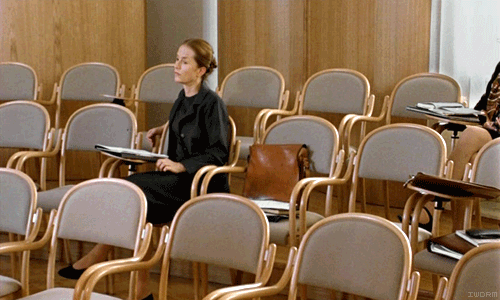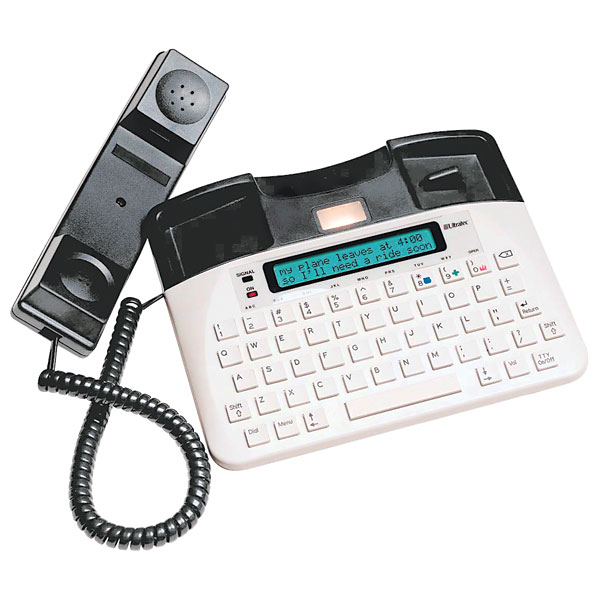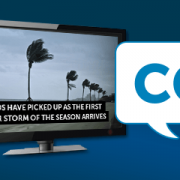Why deaf people love to learn a language

You might think it impossible to learn a new language if you’re deaf, but you’d be surprised!
I’m profoundly deaf and graduated with a BSc in Business with Japanese (before I received my cochlear implants). It was hard, but I would recommend anyone who wants to learn a language to give it a go.
Why bother?
Why on earth would someone who’s deaf learn a different language? Maybe because…
- If you go to a place where they don’t speak English your lipreading skills aren’t much use! Recognising word shapes in the native language can help you out.
- Learning a language isn’t just about hearing. Whether you’re deaf or not it helps to understand a menu and be sure what you’re ordering in a restaurant!
- You love a part of the world and want to immerse yourself in their culture. A friend with hearing loss is learning the South Indian dialect of Malayalam so she can talk to the little girl she sponsors there.
How to learn a language with hearing loss
How is it possible to learn a language if you’re deaf? Through live captioning.
Studies show that seeing and hearing words simultaneously improves language reading skills. That’s why language teachers recommend that their students watch foreign language films with same language subtitles where they can read along. Live captioning helps deaf people in a similar way.
Live captioning provides language support for any age and any stage
Whether a child is learning a foreign language at school, a student is learning it at university or an adult is learning it at night school, live captioning helps the student to ‘hear’ the spoken language. How does it work?
Providing live captioning for language lessons is simple:
- The teacher wears a lapel mic or has a microphone on their desk.
- The audio from the class is sent via Skype on the lecturer’s laptop or tablet to our remote captioners, ready for live captioning.
- Our captioners type what is said at up to 300 words a minute.
- The student receives those captions, word by word, on their laptop, tablet or smartphone within one second of them being spoken.
Live captioning in other languages
We recently heard about a deaf high school student trying to learn Spanish. The “live captioning” during the spoken Spanish section read “foreign language being spoken”. Not very conducive to effective learning!
121 Captions have a number of bilingual captioners, who can provide live captioning in two languages, e.g. both English and Spanish. And, if it’s a language where bilingual live captioning is not available, we provide one captioner for English, and one for the other language. Simple!
To find out more about how 121 Captions can help you learn another language through live captioning, email us on bookings@121captions.com or phone +44 (0) 20 8012 8170.










I’m hoping to learn Spanish and German and are there any courses available does anyone know here in Greater Manchester area?